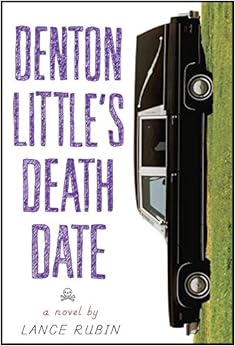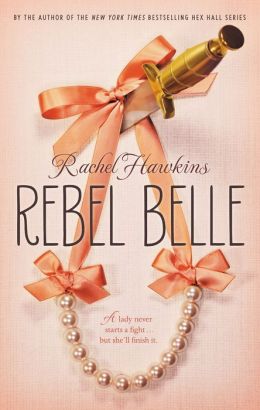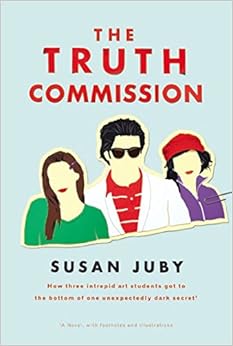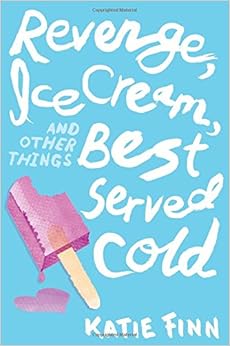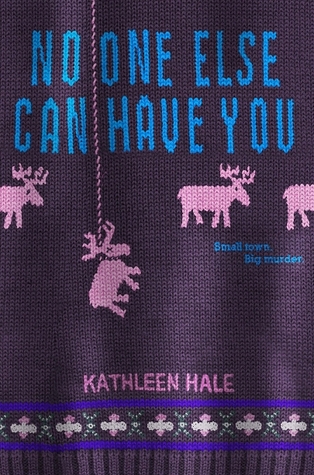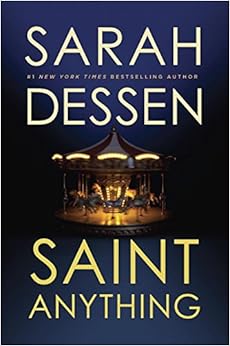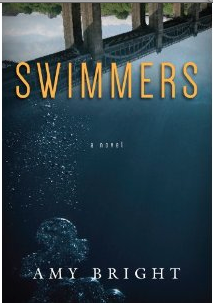Vanishing Girls is the first novel I've read by Lauren Oliver, although my sister has read and enjoyed her Delirium trilogy, which was published a few years ago. Vanishing Girls is a YA thriller with a twist, which is hinted at by the presence of a blurb by E. Lockhart on the front cover of the book. Lockhart's recent novel, We Were Liars, is another book with a remarkable twist.
Vanishing Girls tells the story of Nick (Nicole) and Dara, sisters who are trying to find their way back to normal after a horrible car crash that left them damaged enough to necessitate months of recovery in the hospital. When they return home, they find themselves in the middle of a major event that is affecting their home town, Somerville: a nine-year-old girl named Madeline Snow has gone missing, vanished from the back of her sister's car while parked out front of an ice cream parlour. The stories are interwoven, presented by a variety of sources. Nick and Dara offer their own perspectives in chapters that alternate between "Before" and "After" the accident. There are also entries from Dara's diary, online articles about the missing Madeline Snow, photographs, and notes. These all work towards piecing together the mystery of Madeline's disappearance as well as helping Nick and Dara heal from their accident.
Nick and Dara's lives have been slowly eroded. Their parents are in the middle of divorcing, and their father has moved out of the house: "For the first month or so after Dad announced he was leaving, Mom acted like absolutely nothing was different. But recently she's been forgetting: to turn on the dishwasher, to set her alarm, to iron her work blouses, to vacuum. It's lie every time he removes another item from the house - his favourite chair, the chess set he inherited from his father, the golf clubs he never uses - it takes a portion of her brain with it." And Nick can't make things work with Dara anymore. It was Nick who was driving the car the night she and Dara got into the accident, and since they've both returned home, Dara won't talk to her. This is complicated by the presence of Parker, Nick's childhood friend and Dara's boyfriend. He's the awkward thing between them, something one of them has and the other one doesn't. Nick explains,
Dara had just broken up with her latest boyfriend, Josh or Jake or Mark or Mike - I could never keep them straight, they cycled in and out of her life so fast. And suddenly, she would crash movie night with Parker, wearing short-shorts and a tissue-thin shirt that showed the black lacy cups of her bra. Or I would see them riding the scooter together in the freezing cold, her arms wrapped around his chest, her head titled back, laughing. Or I would walk into the room and he would jerk quickly backward, flashing me a guilty look, while she kept a long, tan leg draped across his lap.
Suddenly, I was the third wheel.
Nicks' mom insists that she work at Fan Land, an old amusement park a short bus ride away from their house, for the summer. It's a way to distract her from her problems with Dara, and to keep her both mentally and physically busy. What Nick doesn't plan on is working with Parker for the summer.
Oliver deftly writes about the relationship between sisters. Nick navigates her way back to being Dara's best friend, while Dara leads Nick through a game that she made up: "It's called: catch me if you can." Meanwhile, the disappearance of Madeline Snow drifts in and out of the background, finally coming to intersect with Nick and Dara.
It's hard to talk about a book like this without talking about the twist, which waits at the end of the story like a trapdoor, forcing the reader to go back and reconsider everything that's come before.
Some of Oliver's writing is so poignant that she captures adolescence in a way that seems very right. I loved the switch in perspectives between Nick and Dara, and Dara's frank writing in her diary entries. It turns into a very different book two thirds of the way in, becoming a thriller instead of realistic YA fiction. I didn't mind, because Oliver's writing continues to remain consistent, especially in the small details that make up adolescent experience. I flew through Vanishing Girls, and am checking out the Delirium trilogy next!







